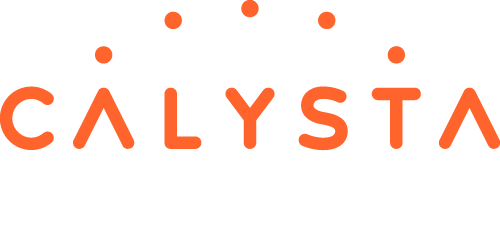
Why protecting inventions is important ?
Interview with Romain Lobera
Romain, you are a Patent Engineer, tell us a little more about you?
Since I was very young, I have always been attracted by Science (astronomy, physics, biology, genetics) so to understand the world evolving around me. Next to that, I also enjoy the power of words and writing. Finding a career path combining those two completely different areas seemed impossible to me.
After obtaining my Bachelor degree in Biochemistry and Molecular Biology and a Master 1 degree in Biochemistry and Biotechnology (including a focus on Law, Marketing and Economics), I enrolled in the Master 2 Intangible law & Technological watch specializing in Intellectual Property to become a patent engineer and be able to work in those two last fields (Sciences and Writing).
After an internship as patent engineer in a Generic Pharmaceutic Laboratory, I chose to take the CEIPI’s patent course in order to get an intensive training in patent law. I started my career in Belgium in a traditional Belgian IP firm and I joined CALYSTA, a modern and next-generation IP firm.
As a Patent Engineer at Calysta, What is your role towards Clients
I have the great opportunity to work with customers being at the cutting edge of technology who develop tomorrow’s inventions and to accompany them in their journey to get a patent, but not only. When a new invention, which can be highly technical or a combination of existing means for solving a technical problem, is developed, the decision to file a patent is not a crystal clear decision.
The balance between keeping it secret as know-how or disclosing it for obtaining a monopole around the invention has consequences in terms of competitivity on the market. My work consists in advising our clients taking into account the balance of interest and guide them through the decisions they have to make as they are never riskless, but also through the complex route for patenting their invention
Can you describe why protecting inventions is important ?
If you decide to file a patent for an invention, you have to disclose your invention enough. A granted patent is a kind of contract between you and the government granting a monopole for a specific territory in exchange of the disclosure of the invention. Of course, when taking this decision to go for a patent, the degree of certainty about the chance to obtain it should be rather high otherwise you can be impacted because you have disclosed your invention in a quite detailed way.
Further obtaining a patent on an invention does not mean that you can put your product on the market, you may indeed infringe a patent of a third party. Our work at this stage consists a.o. in providing our client with an advice on his/her freedom to operate, which involves various strategic aspects such as an in-depth study of the competition, targeting territories of interest and the best strategy suiting our client’s business.
I found it challenging and so interesting to be confronted to such complex situation where many aspects have to be taken into account when guiding a client for taking its decision. I am convinced that intellectual property should not just be a title for a company, but a real leverage for supporting their business activities.
With this respect, for developing a new technology or when a company has to develop a solution for its client, the R&D costs are supported by the company and impact at the short term the profitability of the company. This should be recovered by the company in the future and that’s where IP and especially patents are a strong leverage for getting a return on the investment done in developing the new technology or developing the solution they want to bring on the market
Where does Calysta play an important role ?
Calysta is a modern IP firm. The first aspect that our clients found particularly enthusiastic is our relationship with them. We are not just IP intermediaries but rather real partners in their business strategy. Advice is at the heart of our work and we commit ourselves so that in every situation, our recommendation takes into account their business. All the barriers of a traditional office do not exist at Calysta. We learn every day from all our colleagues around us and we all grow together. I share an office split between a senior European patent attorney, a senior trademark attorney and a senior IP attorney specializing in GDPR, Trade Secrets and Contracting and this increase my knowledge and awareness in IP and related matter which benefit directly to our clients
